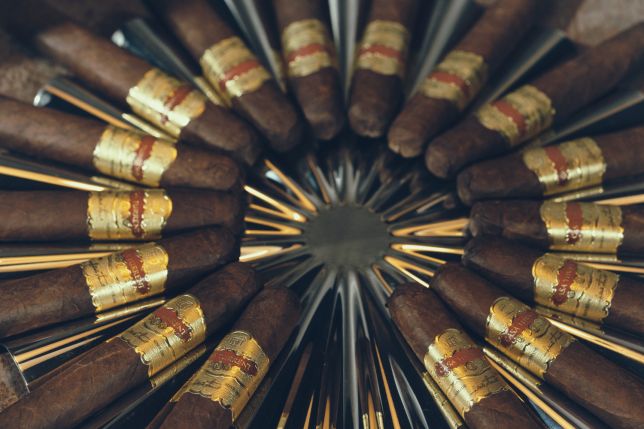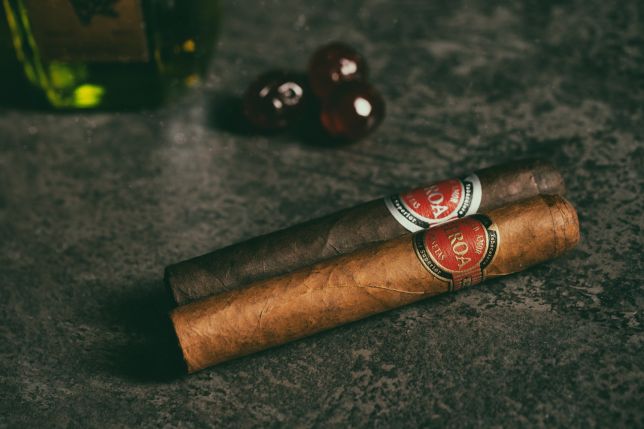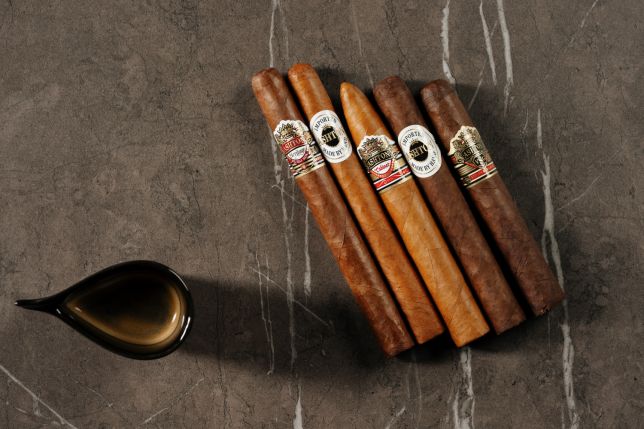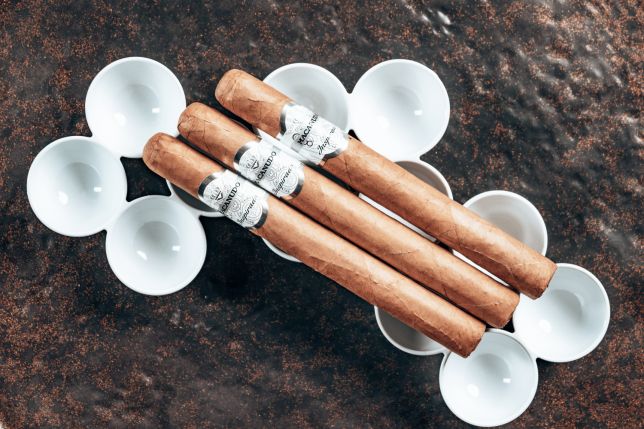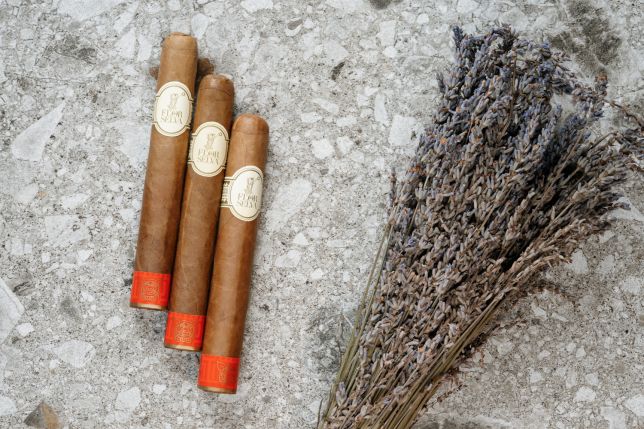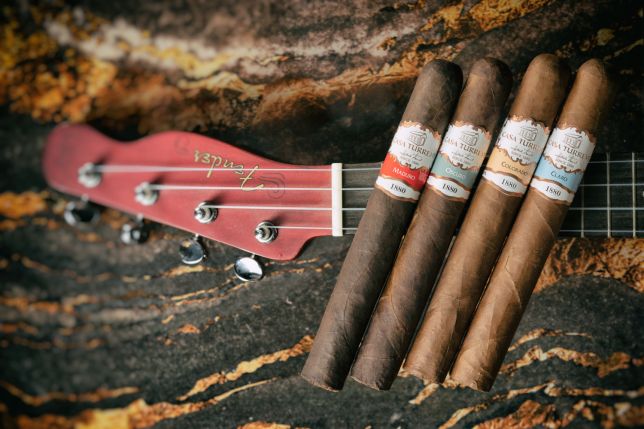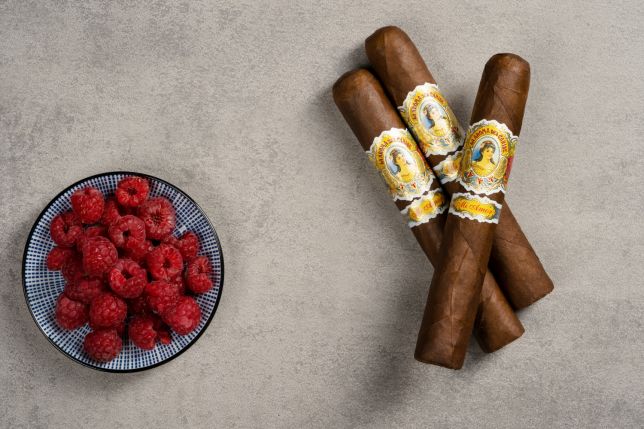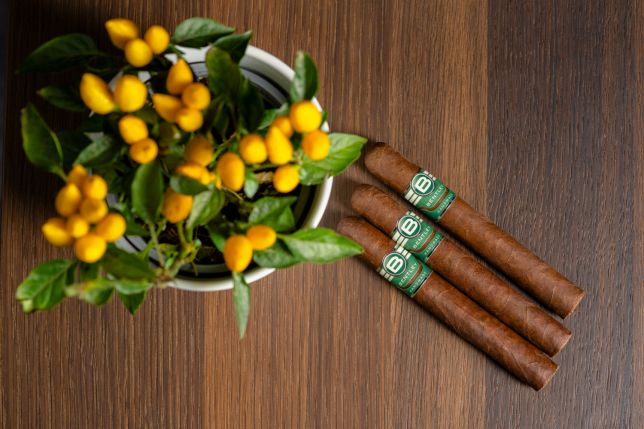A Journey Through Time: Exploring the Rich History of Cigars
Introduction:
Cigars have long been associated with luxury, sophistication, and indulgence. Their rich aroma and complex flavors have captivated connoisseurs for centuries. But beyond being a mere pleasure for the senses, cigars carry a fascinating history that spans continents and cultures. In this blog article, we embark on a journey through time to uncover the origins and evolution of cigars.
Origins:
The story of cigars traces back to the indigenous peoples of the Americas. It is believed that ancient Mayans and other indigenous groups in present-day Central and South America were the first to cultivate and smoke tobacco. They wrapped tobacco leaves in plantain or palm leaves and ignited them for ceremonial and religious purposes. These early iterations of cigars laid the foundation for what would become a global phenomenon.
Discovery by Europeans:
The introduction of tobacco to Europe in the late 15th century by Christopher Columbus and subsequent explorers marked a pivotal moment in the history of cigars. Spanish conquistadors encountered tobacco during their expeditions to the New World and observed indigenous peoples smoking crude cigars. Fascinated by this newfound plant, they brought tobacco back to Europe, where it quickly gained popularity among the upper echelons of society.
The Birth of the Cigar:
The modern cigar, as we know it today, began to take shape in the early 16th century. Spanish settlers in the Caribbean, particularly in Cuba, began cultivating tobacco on a larger scale. They refined the process of rolling tobacco leaves into cylindrical shapes, creating what we now recognize as cigars. These early cigars were relatively crude compared to their contemporary counterparts, but they laid the groundwork for the thriving cigar industry that would emerge in the centuries to come.
Rise in Popularity:
Throughout the 17th and 18th centuries, cigars gained widespread popularity in Europe and beyond. They became synonymous with wealth and status, with European aristocrats and nobility indulging in the finest Cuban cigars. The cigar industry flourished in countries such as Cuba, the Dominican Republic, and Nicaragua, where ideal climate conditions and fertile soil produced some of the world's finest tobacco.
Cigars in the New World:
In the New World, particularly in the United States, cigars also became a cherished pastime. Cigar factories sprung up in cities like New York and Tampa, Florida, catering to the growing demand for cigars among American consumers. Cigars became a symbol of American culture, with iconic figures like Mark Twain and Winston Churchill famously enjoying their smokes.
Challenges and Resilience:
Despite their enduring popularity, cigars have faced numerous challenges throughout history. From trade embargoes and taxes to health concerns and changing social attitudes, the cigar industry has weathered many storms. However, cigar aficionados remain dedicated to their passion, ensuring that the tradition of cigar smoking lives on.
Conclusion:
The history of cigars is a testament to the enduring allure of this timeless indulgence. From humble beginnings among indigenous peoples to becoming a global symbol of luxury and refinement, cigars have left an indelible mark on human culture. As we continue to enjoy the pleasures of a fine cigar, let us also appreciate the rich tapestry of history that accompanies it.

For orders over 200 lei


Payment can be done by card or by bank transfer

Delivery by Fan Courier straight to the address provided in your order
